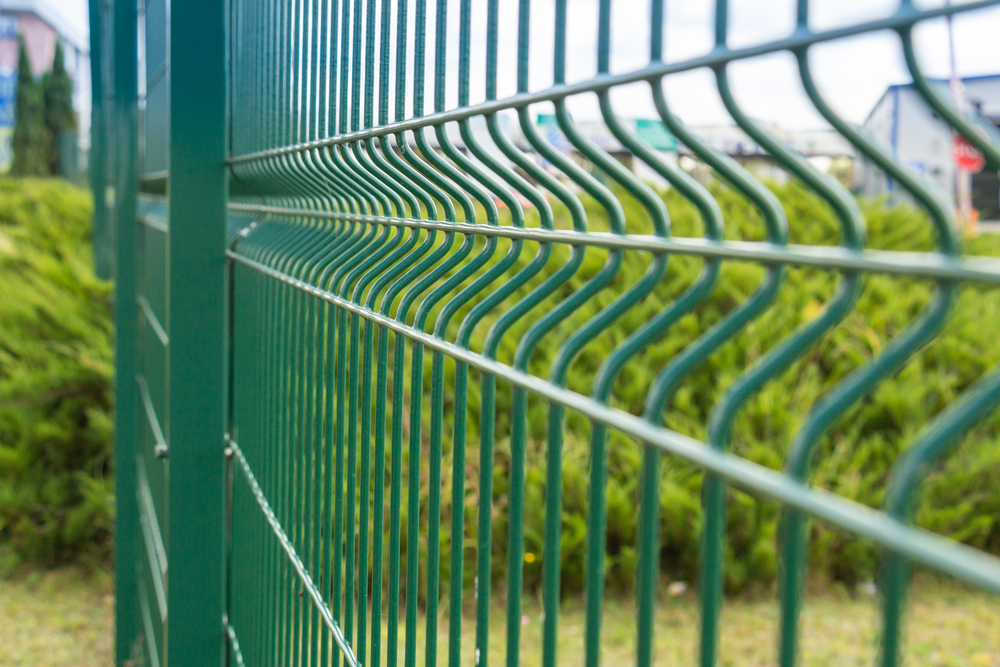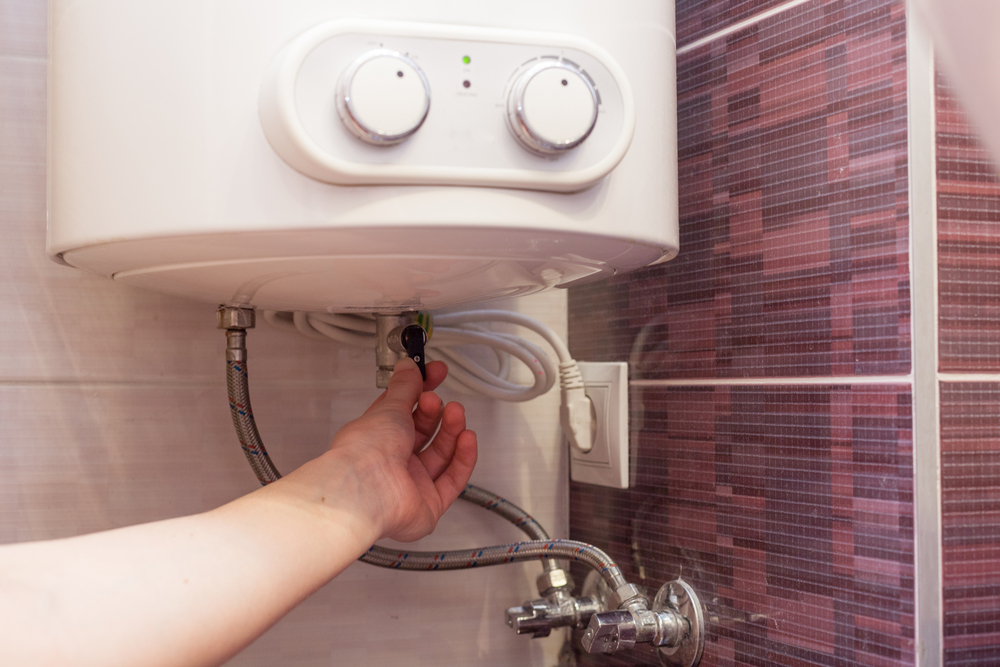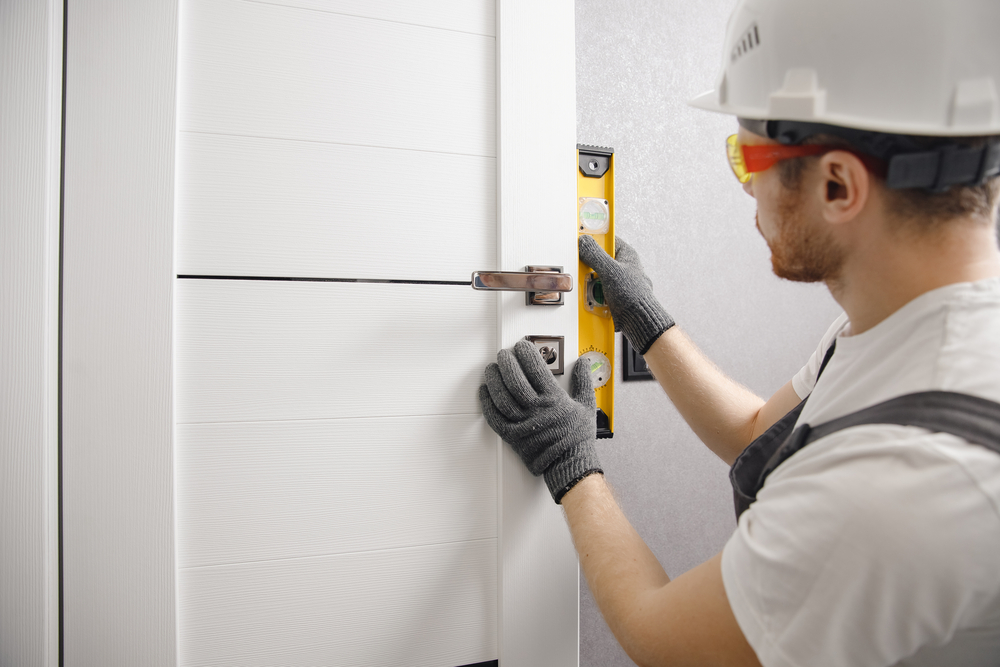5 huge benefits of security fencing for your business5 huge benefits of security fencing for your business
When we think about securing a business, especially these days, our minds often jump to digital security, overlooking the age-old method of simply putting up a good, sturdy fence.

Yet, the benefits of security fencing for a business are huge and can significantly contribute to the overall safety and smooth operation of your venture. Let’s take a look about why putting up that fence might be one of the best decisions you’ll make for your business.
Deterrent to Unwanted Visitors
First off, security fencing acts as a visual deterrent to anyone considering unauthorized access to your premises. Criminals are more likely to target properties that appear easy to access, so a solid fence is your first line of defence. Thieves are only one such threat. Fences can also prevent vandalism and reduce the likelihood of trespassing, keeping your property and its occupants safe.
Privacy is Key
In many cases, your business operations might require a degree of confidentiality, or you simply might not want everyone seeing what goes on behind the scenes. Security fencing offers that much-needed privacy, ensuring that the activities within your premises are shielded from prying eyes. Whether it’s developing a new product or just handling day-to-day operations without external interruptions, a good fence helps keep your business matters private.
Safety First
Beyond protecting against external threats, security fencing is crucial for ensuring the safety of your employees and visitors. By clearly defining the boundaries of your premises, you’re able to control access points and monitor who enters and exits the site. This is especially important for businesses that deal with heavy machinery, hazardous materials, or have specific safety regulations to adhere to.
Enhanced Aesthetic Appeal
Believe it or not, a well-designed security fence can significantly enhance the aesthetic appeal of your property. With a range of materials and styles available, you can choose fencing that complements your business’s exterior and landscape. This not only improves the first impression for visitors and potential clients but can also boost the morale of your employees by creating a more inviting work environment.
Increase in Property Value
Investing in high-quality security fencing can have a positive impact on your property’s value. It’s an addition that potential buyers or tenants will appreciate, considering the enhanced security and aesthetic appeal it provides. If there ever comes a time when you decide to sell or lease your property, you’ll find that this investment pays off, making your premises more attractive in the competitive market.
Whether you’re just starting out or looking to upgrade your current security measures, consider how a well-thought-out fencing solution could benefit your business in the long run. It shows that you take the security of your operations seriously, and that’s something both your team and your clients will appreciate. Plus, it can make your business premises look good and even add to its value down the line.
Get in touch today to learn more about the benefits of security fencing UK.












